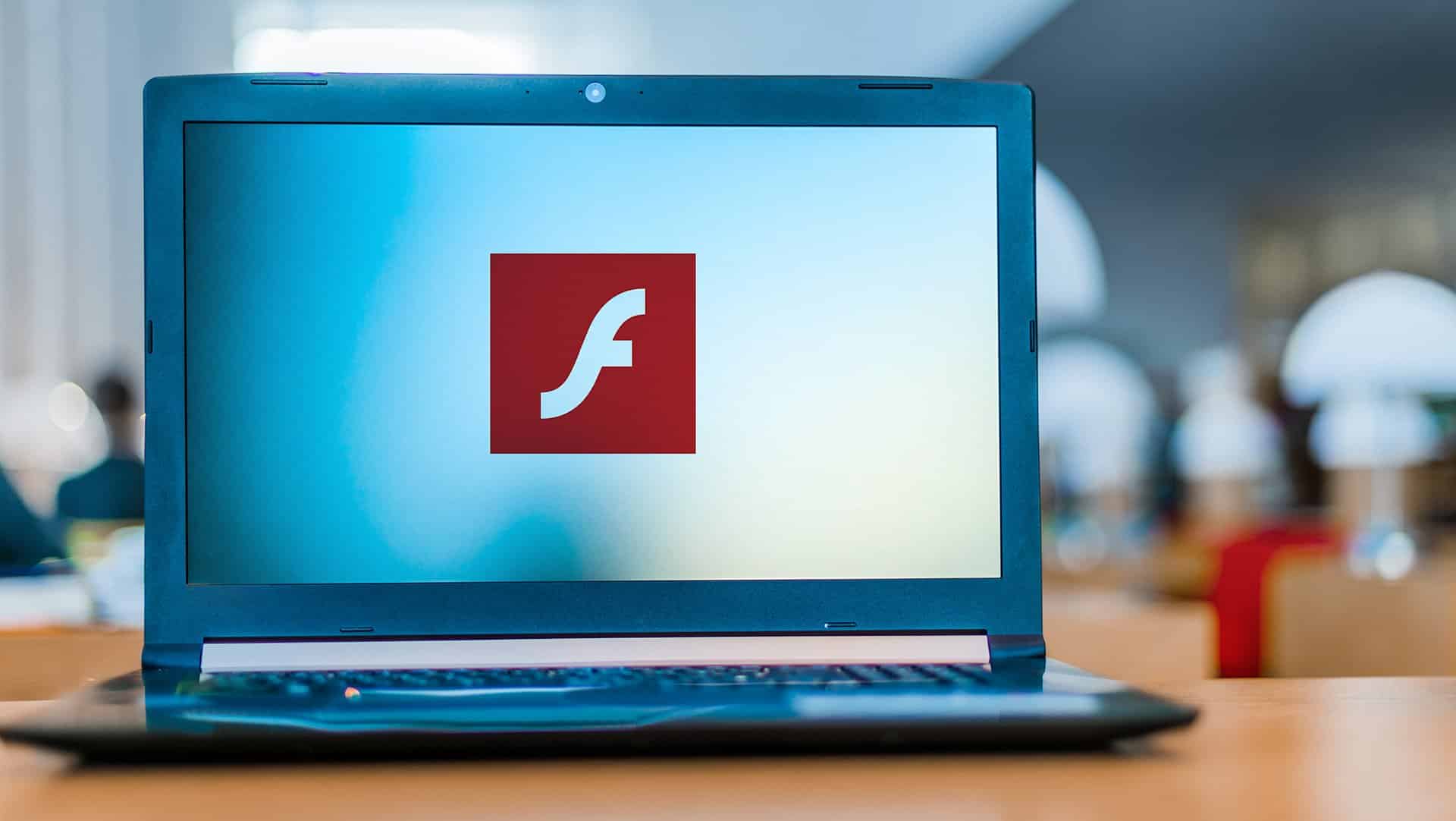A disaster recovery plan is the ultimate shield against the unforeseen.
The impact on your business can be severe, from hardware malfunctions to devastating fires and flooding. The linchpin to a swift and efficient response lies in the foundation of a well-crafted Disaster Recovery Plan (DRP).
Let’s delve into the crux of initiating a robust DRP with a thorough Risk Assessment. By scrutinizing your company’s vulnerable assets and assigning clear-cut roles to your team members, you can streamline recovery and fortify your business against potential calamities.
The Crucial Role of Disaster Recovery Plans
To comprehend the gravity of disaster recovery plans, one must grasp the potential disruptions that could shatter the smooth flow of business operations. A meticulously executed DRP bestows a multitude of advantages upon your organization.
It curtails the downtime induced by glitches such as hardware failures, structural fires, or inundation. Often, the significance of a documented plan is underestimated by smaller enterprises, yet even the slightest disturbance can significantly impede recovery without one in place.
Implementing a disaster recovery plan amplifies responsiveness, quells confusion, and ensures unambiguous decision-making in times of crisis. The participation of C-level stakeholders is imperative, as they hold the key to addressing vulnerabilities and orchestrating countermeasures. Their unwavering backing is paramount to the successful execution of the plan.
Moreover, embarking on a risk assessment journey, such as a business impact analysis, is a pivotal stride toward identifying vulnerable assets and delineating the responsibilities of team members.
The Indispensable Role of C-Level Stakeholders
The active involvement of C-level stakeholders is pivotal in effectively addressing weaknesses and orchestrating responses within a disaster recovery plan. IT professionals recognize that securing the wholehearted endorsement of C-level executives is indispensable for successful implementation. These leaders contribute their expertise and wield decision-making authority, ensuring the comprehensiveness of the plan aligns with the organization’s objectives.
Their participation also secures executive support, which is instrumental in procuring the necessary resources and budget for the plan. Efficient communication strategies serve as another crucial aspect in engaging C-level stakeholders. They pave the way for lucid and effective communication between the IT department and the executive team, guaranteeing a unified front during a crisis.
Conducting a Comprehensive Business Impact Analysis
An exhaustive risk assessment is pivotal for a holistic Business Impact Analysis within a disaster recovery plan.
The process of risk assessment entails assessing potential hazards and vulnerabilities that could impede the organization’s operations during a crisis. By identifying these weak spots, organizations can strategize effective risk mitigation methods to minimize the impact of potential disruptions.
Moreover, a business impact analysis aids in determining the recovery time objectives defining the permissible downtime for critical processes and systems. It involves a comprehensive cost-benefit analysis to gauge the financial implications of deploying diverse recovery strategies.
Incident response planning is a crucial component of the business impact analysis, outlining the step-by-step procedures to follow during a crisis.
In essence, a comprehensive Risk Assessment serves as the bedrock of a resilient Disaster Recovery Plan (DRP). By enlisting C-level stakeholders’ participation and meticulously scrutinizing vulnerable assets, businesses can ensure a swift and effective response to unforeseen events.
This systematic and detail-oriented approach paves the way for identifying specific roles and responsibilities, streamlining the recovery process, and shielding the business from potential disasters.
Never underestimate the power of a well-crafted DRP – it might just be the linchpin to curtailing delays and safeguarding your business.






